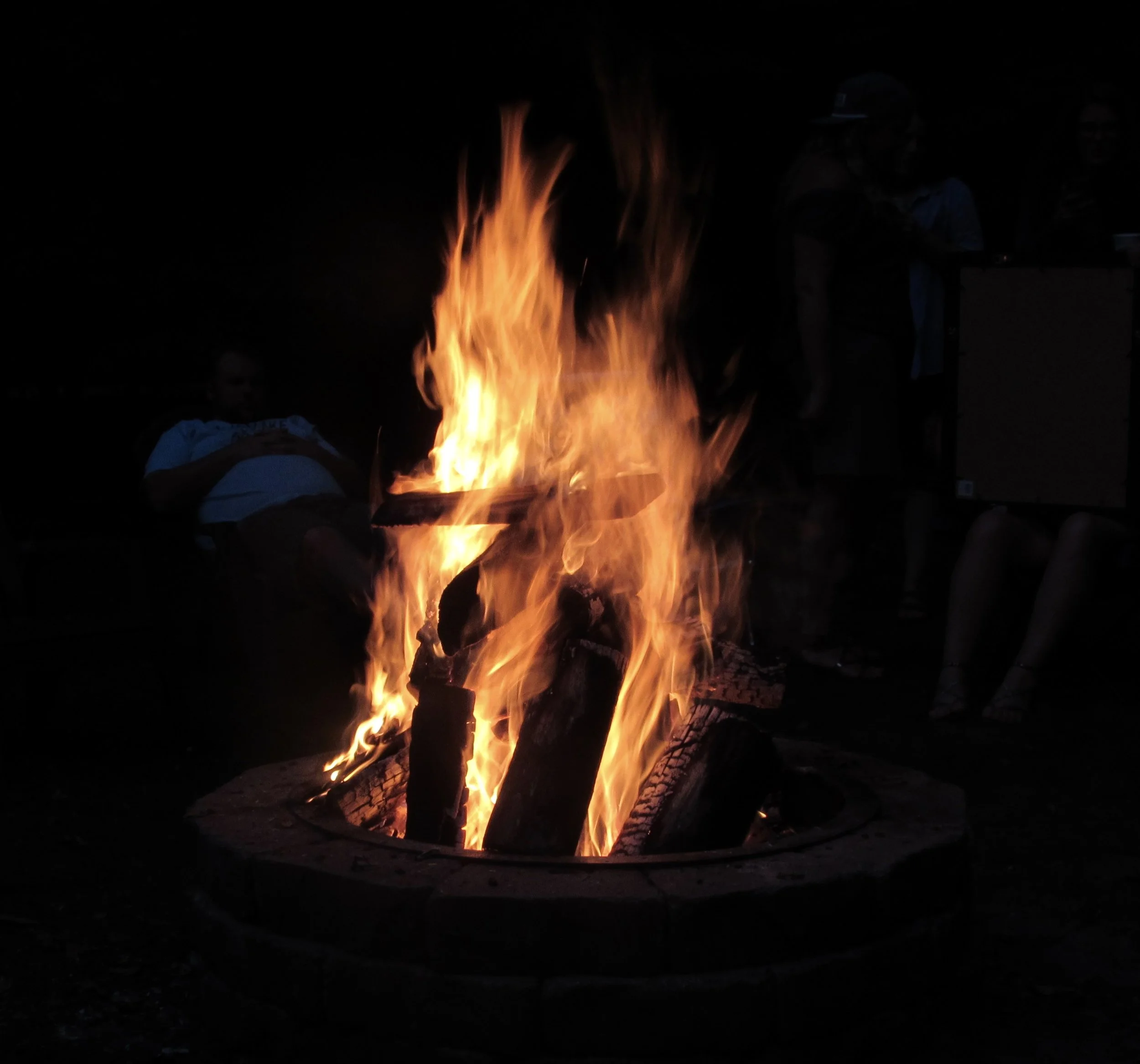That’s one of the reasons I’m concerned about how President Obama’s proposed changes to Federal procurement rules might tip the scales even more in favor of the issuance of fixed price contracts in situations where insufficient detail on requirements and available budget aren’t readily available to potential bidders.
All in Homeland Security
Social Networking and Elsevier's "Grand Challenge" for Knowledge Enhancement in the Life Sciences
Netherlands-based mega-publisher (and former employer) Elsevier BV has issued a grand challenge:
Collaborative Decision making in Disaster Response Situations
Professor Murray Turrof recently sent me a draft of a paper that will be presented at the upcoming 5th International ISCRAM Conference in Washington DC in May of 2008.
The "Who" and "What" of Technological Illiteracy
Definitely worth listening to is Command Line’s December 19 podcast technological illiteracy among our leaders. His theme: we need to do something about the lack of knowledge our leaders have of how technology operates and impacts our lives.
Using Social Networking to Support Local Energy Management and Conservation
Thanks to Brian Magierski via a Twitter message I found out about a ZDNet video interview with Pat Lawicki, the CIO of PG&E in San Francisco. Pat is a former client of mine from when she was the CIO at the energy utility NiSource.
What I'm Learning About Applying Social Media to Disaster Response
I’ve been researching applications of social media and social networking in local disaster response. Here are some of the things I’ve found.
Potential Applications of Social Media and Social Networking in Local Disaster Response
People use the tools available to them when a crisis hits. Increasingly these tools include blogs, text messaging, and social networking systems such as Facebook. The use of such communication tools in disaster and emergency situations is evidence of an obvious fact: the people most involved in an emergency are going to communicate about it. The question is, how can those in an official capacity take advantage of these communication channels?
It's unusual for me to be interviewed. I usually do interviews in connection with my own research or my own client work. Over the past month, however, I've been interviewed five different times by five different people:
School Communications & Emergency Response: What are the Implications for Social Media?
I’ve been reading documents from a page of links relevant to emergency planning for schools that is maintained by the Texas A&M University’s Integrative Center for Homeland Security. According to the Center’s blog, the list was started in response to the Virginia Tech shooting.
I’m looking for information on the implications of using social media and social networking systems as part of the “mix” of communication tools that are relevant in an emergency.
I was reminded yesterday that it is important for families to have emergency communication plans.
I’ve used Twitter sporadically for the past few months, ever since I was invited by Chris Brogan to join. I don’t use it religiously. I can’t imagine that folks care whether I’m working in my office or waiting for the stove repair guy to arrive.
Social Media and Disaster Management
The recent flap about “social media press releases” reminded me of a topic I’ve been batting around for a while — the use of social media to assist public communication about recovery activities during emergency and crisis situations.
I’m not taking about PR crises, I’m talking about natural disasters or terrorist attacks. After Katrina all kinds of online sources and blogs came into play, and I’ve heard mixed reviews about how important citizen perceptions of source authority are in communicating effectively.












